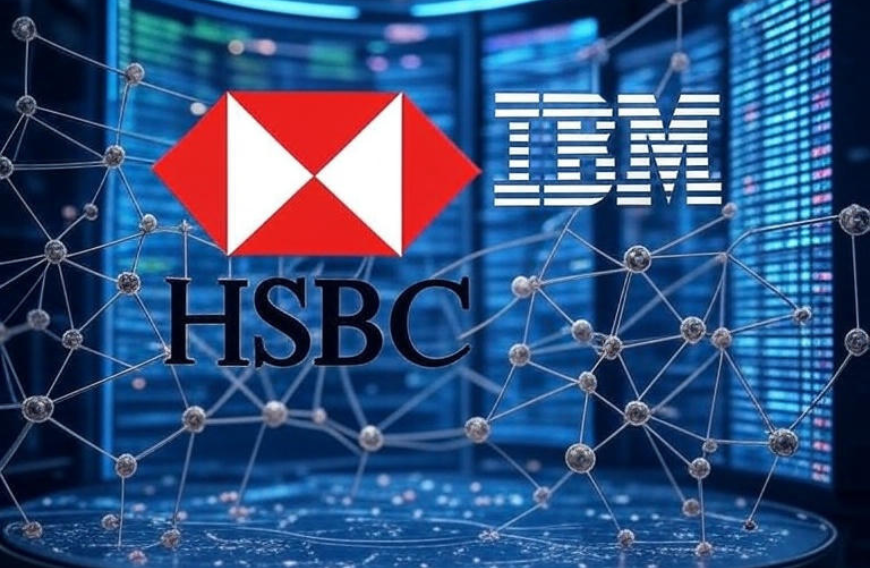HSBC today announced what it says is the world’s first empirical evidence demonstrating the potential of current quantum computers to tackle real-world challenges in algorithmic bond trading.
The findings could mark a significant milestone in the adoption of quantum technologies in financial markets, highlighting the emerging role of quantum computing in optimizing complex trading strategies, as per HSBC.
In collaboration with IBM, HSBC combined quantum and classical computing techniques to enhance its trading models, achieving up to a 34 percent improvement in predicting the likelihood that a trade would execute at a quoted price. The results underscore the potential for hybrid quantum-classical approaches to outperform traditional methods commonly used in the financial industry.
READ: IBM raises 2025 free cash flow but stock dips (
Algorithmic trading in the corporate bond market relies on computer models to rapidly price customer inquiries within a competitive bidding environment. These strategies factor in real-time market conditions and risk assessments, enabling traders to focus on larger, more complex transactions. HSBC’s trial demonstrated that quantum computing techniques could enhance this process, delivering measurable improvements over traditional classical computing approaches.
Reflecting on this, Philip Intallura, HSBC Group Head of Quantum Technologies, said, “This is a ground-breaking world-first in bond trading. It means we now have a tangible example of how today’s quantum computers could solve a real-world business problem at scale and offer a competitive edge, which will only continue to grow as quantum computers advance.”
“We have been relentlessly focused on the near-term application of quantum technology, and given the trial delivered positive results on current quantum computing hardware, we have great confidence we are on the cusp of a new frontier of computing in financial services, rather than something that is far away in the future,” Intallura added, as per the release.
READ: IBM reveals new quantum processor, plan for Starling supercomputer by 2029 (
“Such work is essential to unlock new algorithms and applications that are poised to transform industries as quantum computers scale, and the future of computing takes shape,’’ said Jay Gambetta, Vice President IBM Quantum.
Quantum computing represents a cutting-edge approach that leverages the principles of quantum mechanics to process information in ways far beyond the capacity of traditional computers. This expanded computational space allows quantum systems to tackle problems that remain out of reach for even the most advanced classical supercomputers working alone.
In the trial, IBM’s Heron system enhanced traditional computing workflows, uncovering hidden pricing signals in complex market data more effectively than classical methods alone. The hybrid approach led to significant improvements in HSBC’s bond trading operations, highlighting the practical potential of quantum-assisted strategies in financial markets.

